As usual, world leaders are gathering in Germany for the Munich Security Conference (MSC) to discuss diplomatic and military strategy. The MSC, now in its 60th year, will take place from February 16-18 in Munich, one of Germany’s largest cities located deep in the Bavarian region in the south of the country.
The annual security gathering in Munich brings together military elites from around the world and is seen as a “barometer” of transatlantic relations.
Overshadowing this year's conference are still hot events, including the Russia-Ukraine conflict in Eastern Europe, the possibility of Mr. Trump returning to the White House, the Israel-Hamas conflict in the Middle East... But a report released by the MSC Organizing Committee ahead of the conference shows that the issue of migration due to war and climate change is the top concern of many people.
Famous guests
The guest list for this year's conference in Munich has not been released, but a number of prominent leaders and diplomats are said to be certain to attend.
According to GZero Media, Ms. Kamala Harris, the "female deputy" of US President Joe Biden, will reaffirm his support for NATO after Mr. Donald Trump recently threatened to not protect "non-paying" members if the former President wins the election in November.

US Vice President Kamala Harris arrives in Munich, February 15, 2024. Ms. Harris is one of the first guests to arrive in the southern German city to attend the 60th Munich Security Conference (MSC). Photo: Frankfurter Rundschau
As the two-year anniversary of Russia’s invasion of Ukraine (February 24, 2022 – February 24, 2024) approaches, debates over the extent of continued support for Kiev will gain traction. Russia was not invited to the MSC, but Ukrainian President Volodymyr Zelensky will be there to rally support from allies.
Before heading to Germany for the MSC, on February 16, the Ukrainian leader will stop in Paris to sign a security agreement with French President Emmanuel Macron on long-term aid, including reconstruction assistance and military support, but is not expected to commit to sending weapons.
On the same day in Germany, Mr. Zelensky will meet with Prime Minister Olaf Scholz. According to the Office of the President of Ukraine, on February 17, Mr. Zelensky will speak on the main stage of the MSC and hold a number of bilateral meetings on the sidelines of the conference.
Mr. Zelensky will also meet with US Vice President Harris, Czech President Petr Pavel, Danish Prime Minister Mette Frederiksen and Dutch Prime Minister Mark Rutte, as well as other heads of state and business representatives.
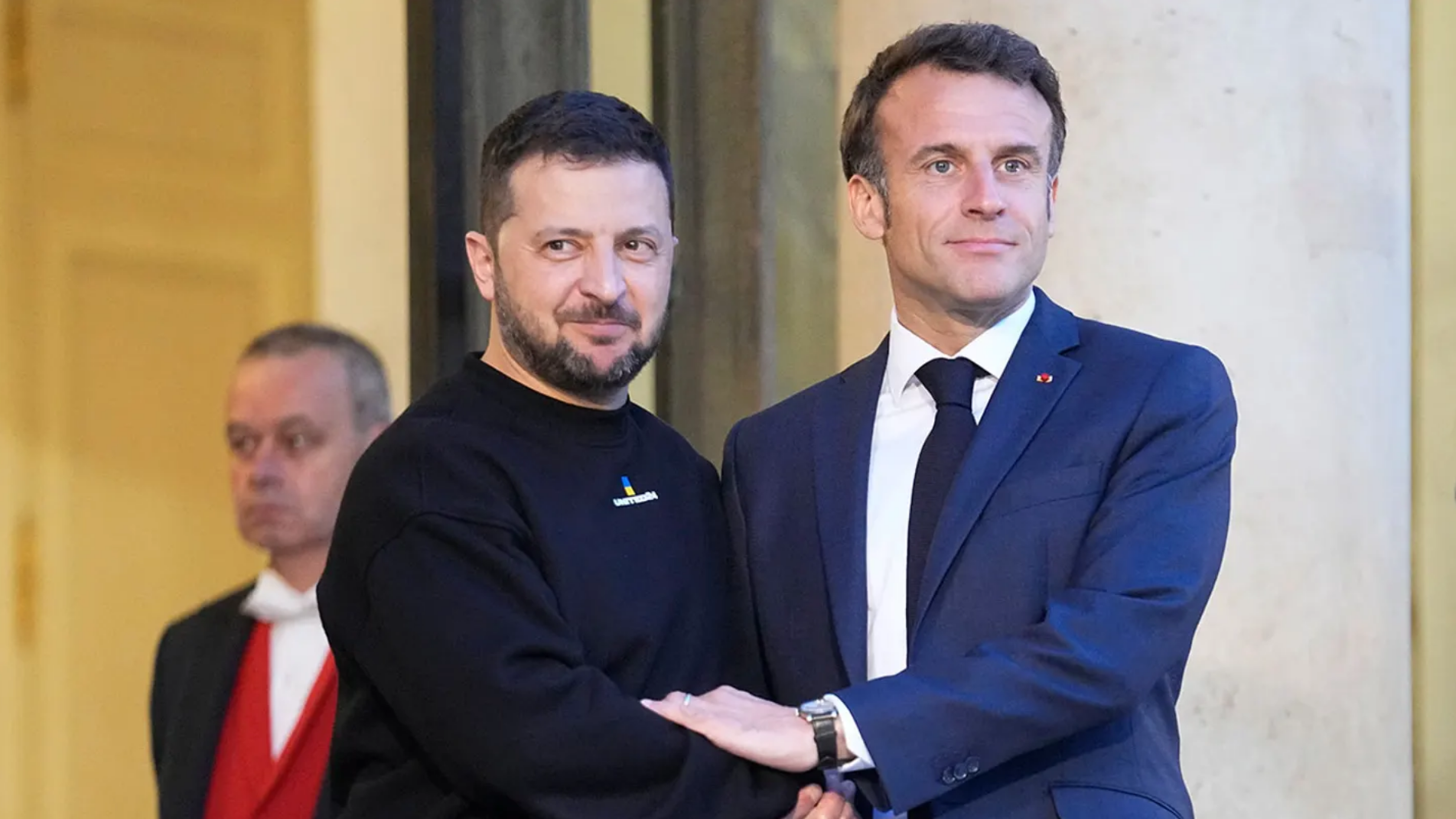
French President Emmanuel Macron welcomes Ukrainian President Volodymyr Zelensky at the Elysee Palace in Paris, May 14, 2023. Zelensky is set to sign a bilateral security agreement with Macron on February 16, 2024 in Paris, as part of the Ukrainian leader's visit to Germany and France. Photo: AP/Fox News
Israel will be represented by President Isaac Herzog, who will be accompanied by three hostages rescued from Hamas. President Herzog is planning a series of ceasefire talks and will face questions about Israel's attack on a major hospital in Gaza (Nasser Hospital) on February 15 amid growing concerns for civilian safety.
According to Recorded Future News, attendees also included Chinese Foreign Minister Wang Yi, British Foreign Secretary David Cameron, French Foreign Minister Stéphane Séjourné, dozens of other foreign and defense ministers, as well as most of the heads of intelligence agencies from around the world.
The most important issue
DW (Germany) cited a recent MSC report showing that more people are concerned about migration issues due to war and climate change than the war between Russia and Ukraine in Eastern Europe. Escalating conflicts in the Indo-Pacific involving China and the island of Taiwan - which Beijing considers an inalienable part of its territory - are also causing concern.
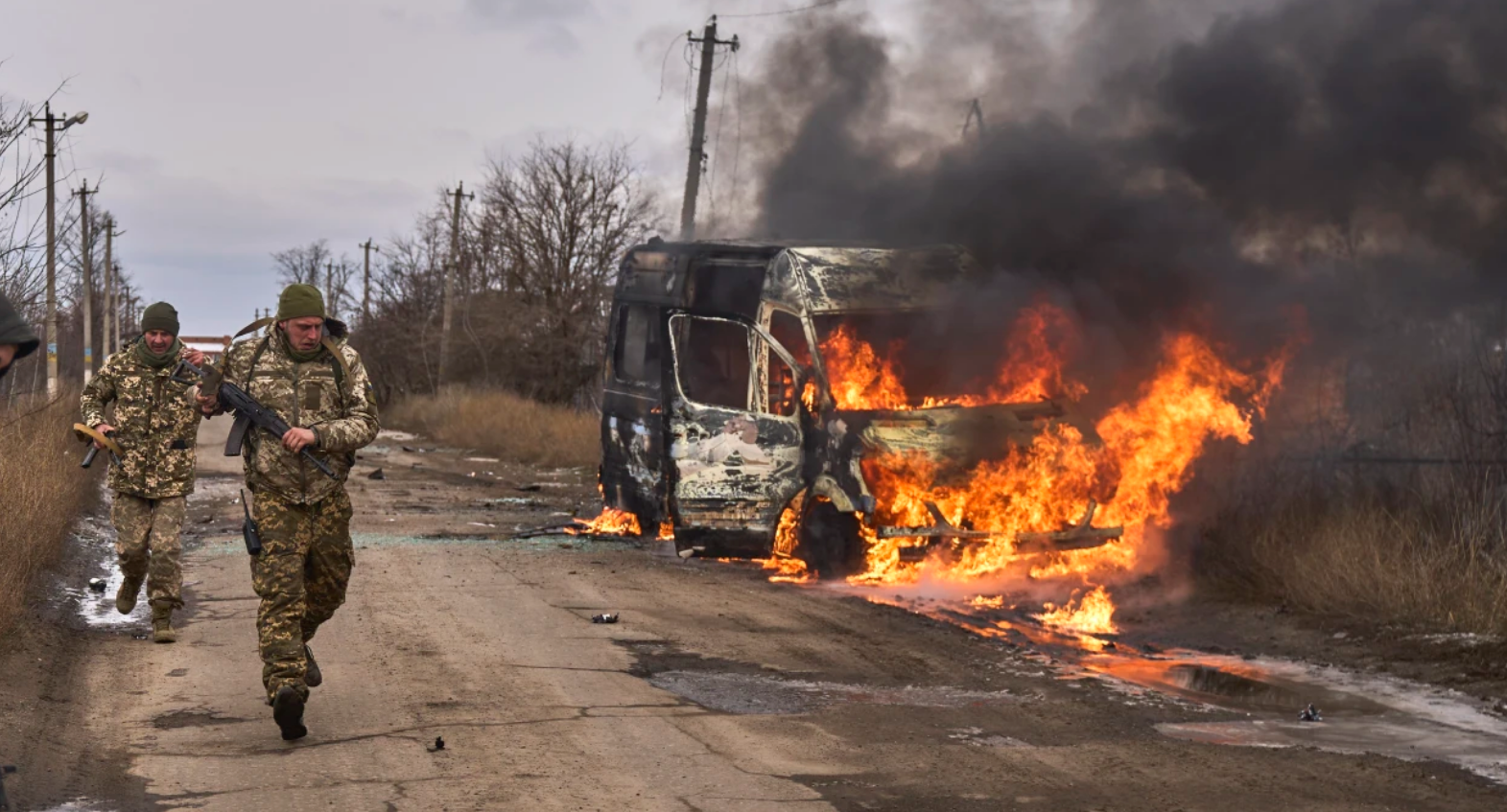
Ukrainian soldiers after a Russian drone attack near Bakhmut, Donetsk region, November 2023. Photo: AP/NBC News
The world in 2024 will be characterized by “a downward trend in world politics, marked by increasing geopolitical tensions and economic instability,” Christoph Heusgen, chairman of the Munich Security Conference (MSC), wrote in a report released on February 12, days before the conference in Bavaria.
In the “Munich Security Index” survey published before the MSC last year, the Russia-Ukraine conflict was assessed as the biggest threat to security, especially in the seven countries with the most developed economies in the world (G7 – including the UK, the US, Germany, Japan, France, Canada and Italy).
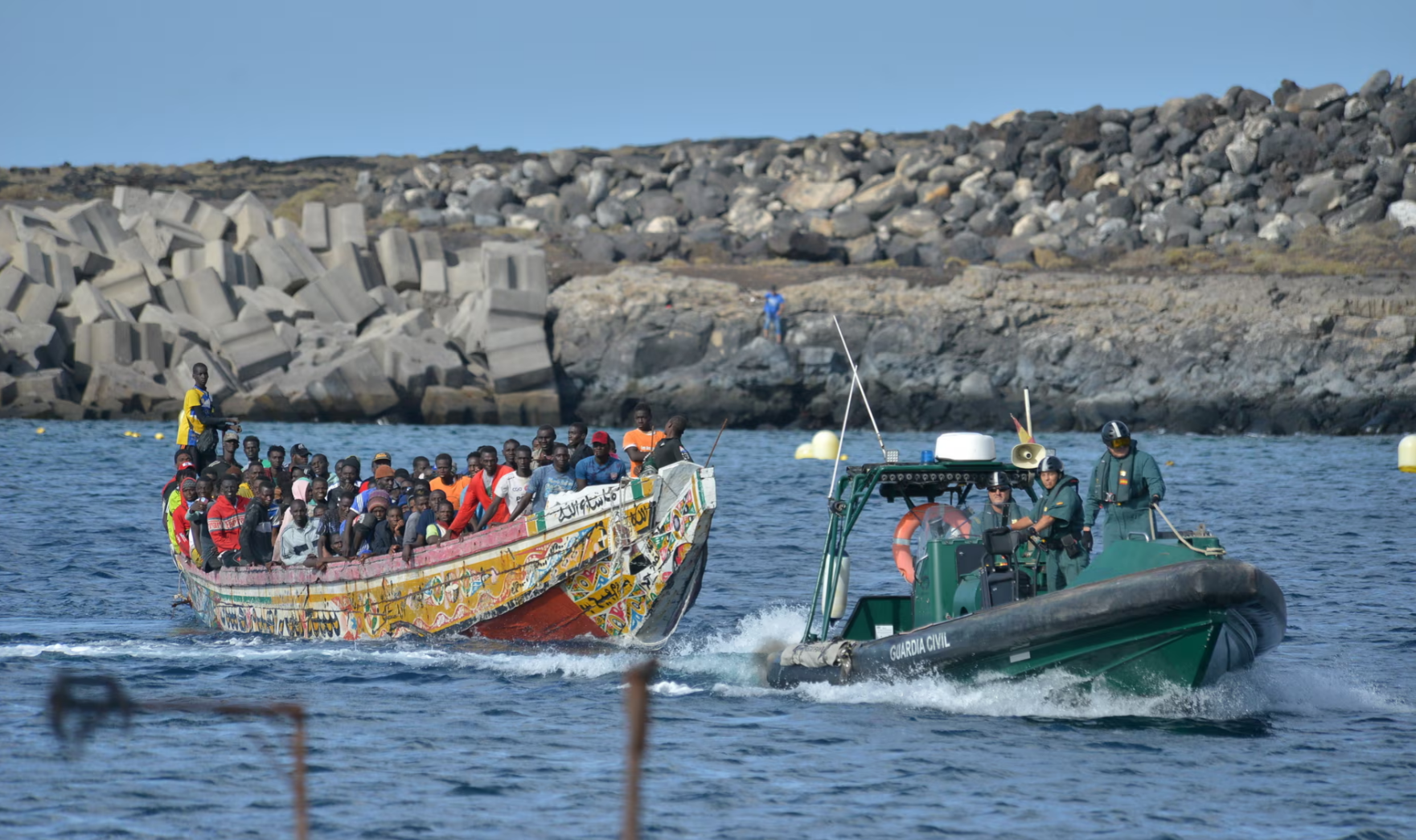
A small boat full of migrants is rescued at La Restinga in El Hierro, Canary Islands, Spain, October 23, 2023. Photo: The Guardian
But in this year’s survey – which included 12,000 respondents from the G7 countries, as well as Brazil, India, China and South Africa – “the issue of migration due to war and climate change” is now considered even more important. It seems that those surveyed in October and November 2023 were already familiar with the ongoing war in Ukraine.
The MSC also asked Ukrainians about “acceptable conditions for a ceasefire,” with 92% calling for Russia to completely withdraw its troops from Ukraine, including the Crimean Peninsula. Only 12% said it would be acceptable if Crimea remained under Russian control. More than two-thirds of respondents wanted Ukraine to quickly join the EU and NATO.

Smoke rises over Khan Younis in southern Gaza, February 13, 2024. Photo: NY Times
Reverse globalization
Titled “Lose-Lose?”, MSC’s 2024 report declares that everyone is losing in the current global situation.
According to MSC, the risk of a global conflict from the Indo-Pacific, especially if China launches a military attack on Taiwan, is very high. Perceptions of the risk of military conflict in the region have also increased sharply, especially in Japan, followed by India, the US, Germany and France.
In the G7 countries, “a majority of people… believe their country will be less safe and less prosperous in 10 years,” Heusgen said. An analysis of the survey found that people in the G7 countries believe that China and countries in the Global South will increase their power and influence, while the power and influence of other countries will decrease.
Overall, there is growing discontent with the state of the global economy. “Despite the great achievements of the post-Cold War era, key actors in the West, powerful autocracies and countries in the Global South have become dissatisfied with the status quo – and their share of the pie,” the MSC report states.
Globalization as a whole has gone into reverse. Competition and the need for increased security clearly dominate the world today. Globally, the rise of geopolitical rivalry has buried the belief that market-driven globalization will lead to a fair distribution of benefits. Countries are prioritizing “resilience and security over efficiency,” according to the report.
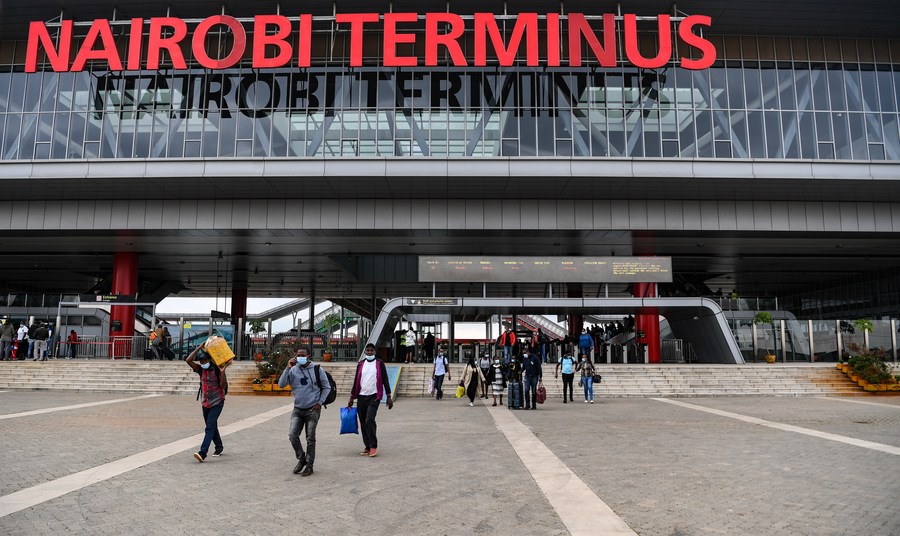
Passengers walk out of Nairobi Station in Kenya in 2021. This is one of many China-funded projects in the Southern Hemisphere. Photo: Xinhua
The dramatic political changes of the past few years are reflected in what the report calls “macroeconomic realities.” Western capital is being diverted from China to other partners. “Trade flows are also showing signs of realignment along geopolitical lines,” the Munich Security Report says. The report paints a very pessimistic picture of the global network as a whole.
However, Europe, and Germany in particular, is an exception. “German companies also continue to invest heavily in China, despite Berlin’s de-risking ambitions. German foreign direct investment in China remained at a near-record high in the first half of 2023,” the report said.
Meanwhile, the German government has been pursuing a policy of “de-risking” with China – in other words, reducing economic dependence. This began with the Covid-19 pandemic, when the supply chain between Germany and China collapsed. The move away from long-standing energy dependence on Russia has provided the impetus for this policy. However, this does not seem to be reflected in concrete numbers yet .
Minh Duc (According to GZero Media, DW, Recorded Future News)
Source



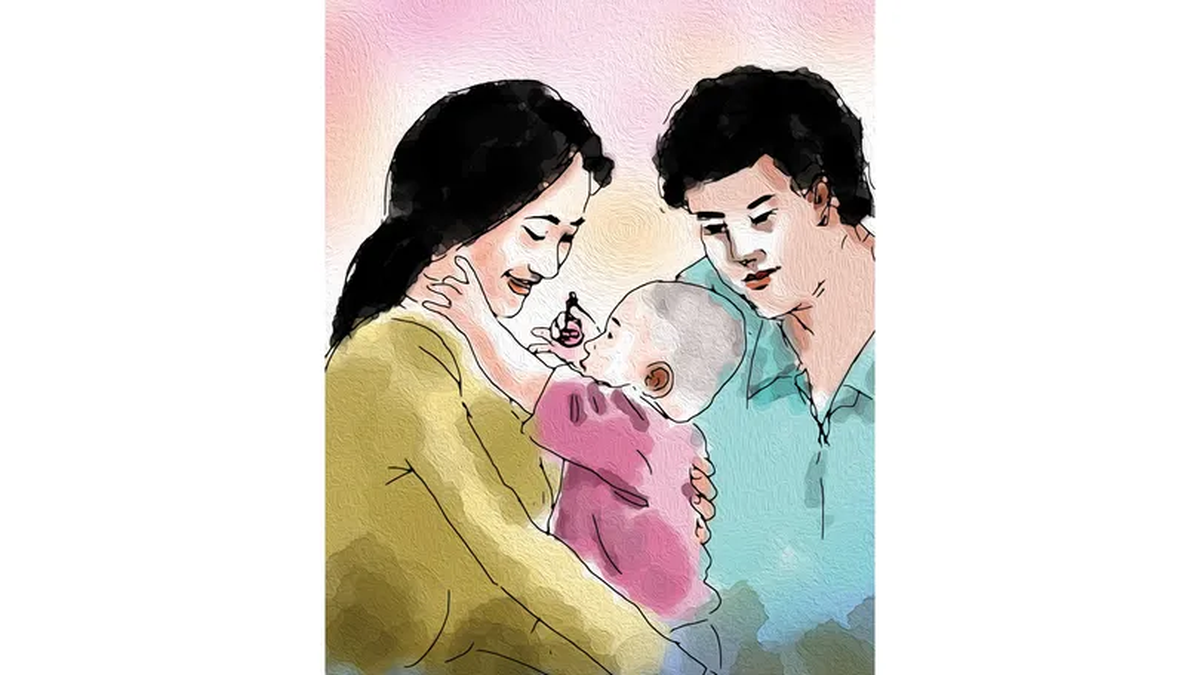



















![[Photo] National Assembly Chairman Tran Thanh Man visits Vietnamese Heroic Mother Ta Thi Tran](https://vphoto.vietnam.vn/thumb/1200x675/vietnam/resource/IMAGE/2025/7/20/765c0bd057dd44ad83ab89fe0255b783)












































































Comment (0)